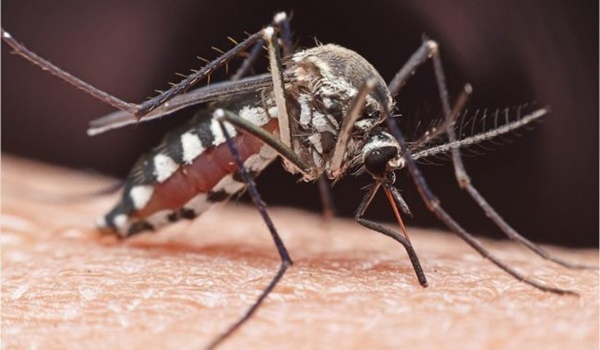Late last week, the Florida Department of Health in Orange County (DOH-Orange) announced that a dangerous and potentially deadly mosquito-borne virus has been detected in the state.
Namely, several sentinel chickens in the same flock tested positive for Eastern equine encephalitis virus (EEEV), which increased the risk to humans.
The Centers for Disease Control and Prevention (CDC) inform that it is a rare disease that causes inflammation of the brain and is spread by infected mosquitoes. It is a rare disease, affecting only 5-10 people annually in the U.S. and it is more common in Atlantic and Gulf Coast states.
Its symptoms appear four to 10 days after a person has been bitten by an infected mosquito.
The Centers for Disease Control and Prevention also explains that people over age 50 and under age 15 seem to be at greatest risk for developing the severe disease when infected with EEEV. This infection can cause one of two types of illness, systemic or encephalitic (involving swelling of the brain).
In severe cases, this virus can lead to chills, high fever, vomiting, headaches, and even coma, disorientation, and seizures. Also, it leads to the death of one-third of those infected.
There is no specific treatment for the infection, and according to the CDC, as antibiotics and anti-viral drugs are ineffective, in severe cases, patients are treated by supportive therapy which may be a combination of hospitalization, respiratory support, IV fluids, and prevention of other infections.
Moreover, many of those who recover are left with disabling and progressive mental and physical sequelae, which can range from minimal brain dysfunction to severe intellectual impairment, seizures, personality disorders, paralysis, and cranial nerve dysfunction.
The best way to avoid mosquito bites and prevent this virus and other ailments spread by mosquitoes is to cover the exposed skin areas, use DEET-containing insect repellents, and drain standing water.
Sources: www.foxnews.com


